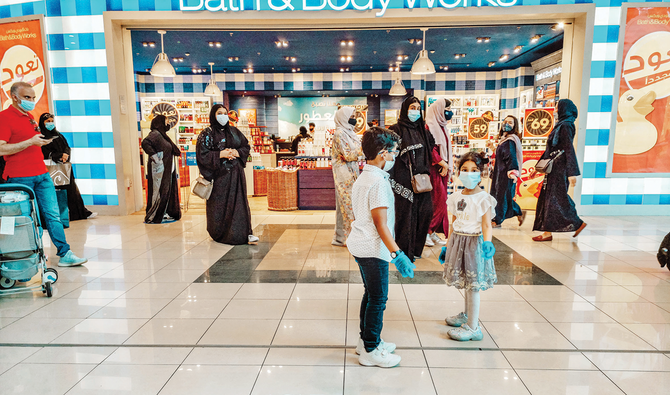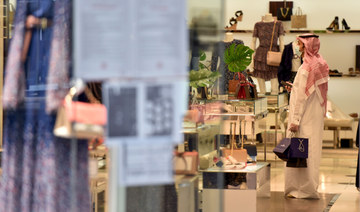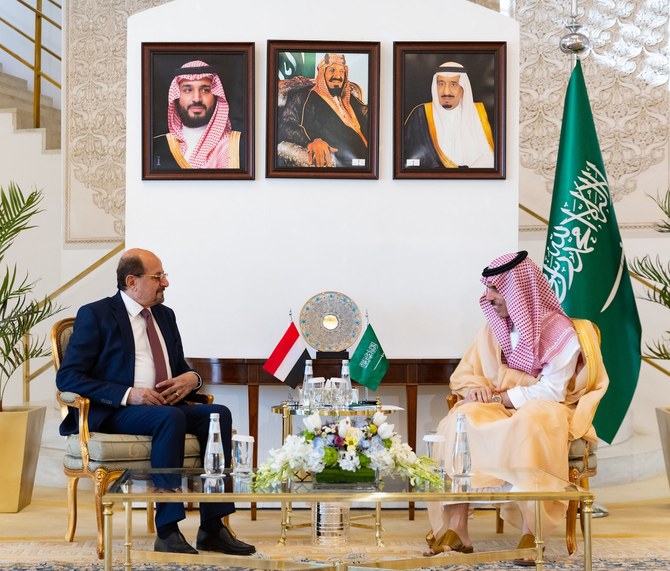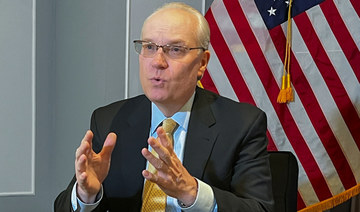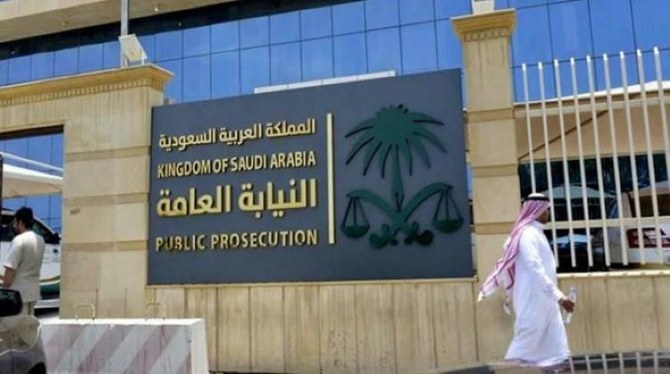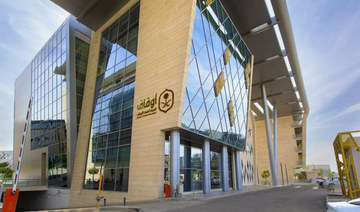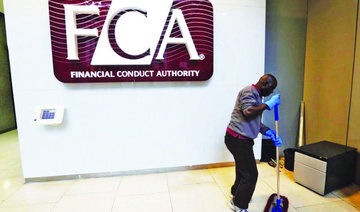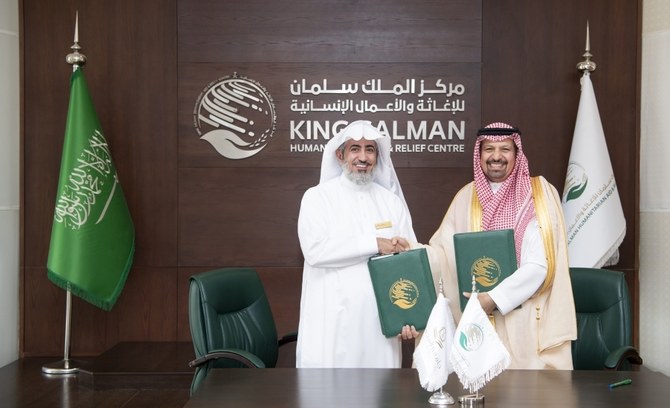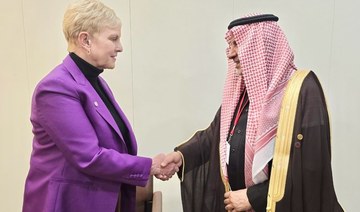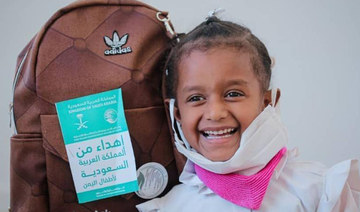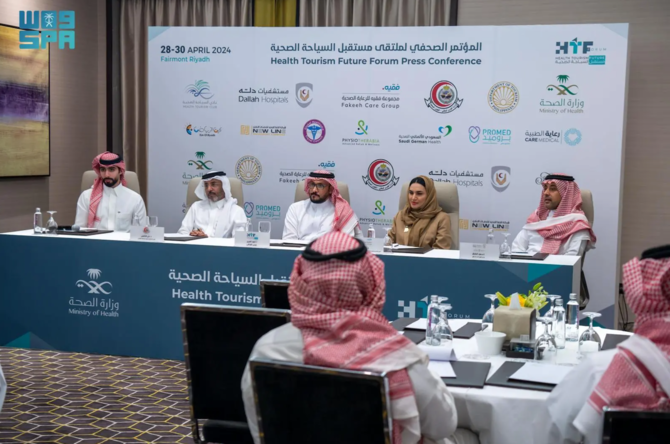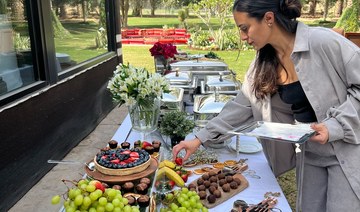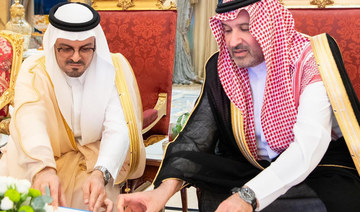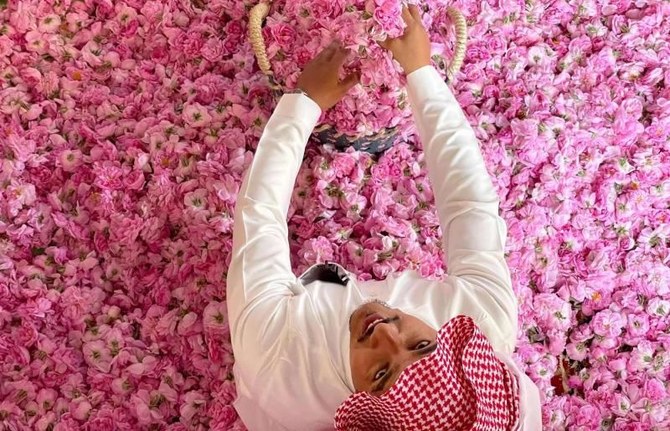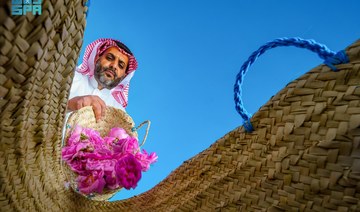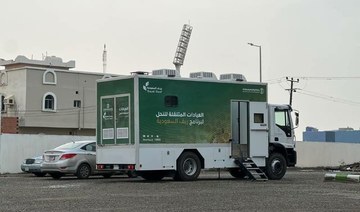JEDDAH/RIYADH: Saudis on Wednesday were coming to terms with a hefty hike in the Kingdom’s value-added tax (VAT) on goods and services from 5 to 15 percent.
As citizens began looking at ways to adjust spending habits, many people told Arab News that the new tax rate would have a huge impact on their shopping behavior and would require some belt-tightening.
Rahaf Meer, a 26-year-old Saudi, said she had never been a big spender. “I only buy what I need. However, the 15 percent VAT did upset me because it is huge.
“I know that I won’t be able to shop in the same relaxed mode as I used to. I am going to have to calculate everything before I purchase anything; if something is already expensive, the VAT will add to its price. I’m going to be thinking about the tax and the total more than the product,” she added.
However, Meer said she would not compromise on quality. “I will definitely look for good-quality products even if they are expensive, but I won’t buy anything I don’t need.”
Student, Abdullah Al-Jadaani, 25, said he only shopped for specific items and that his purchasing behavior had already changed during the coronavirus disease (COVID-19) lockdown period.
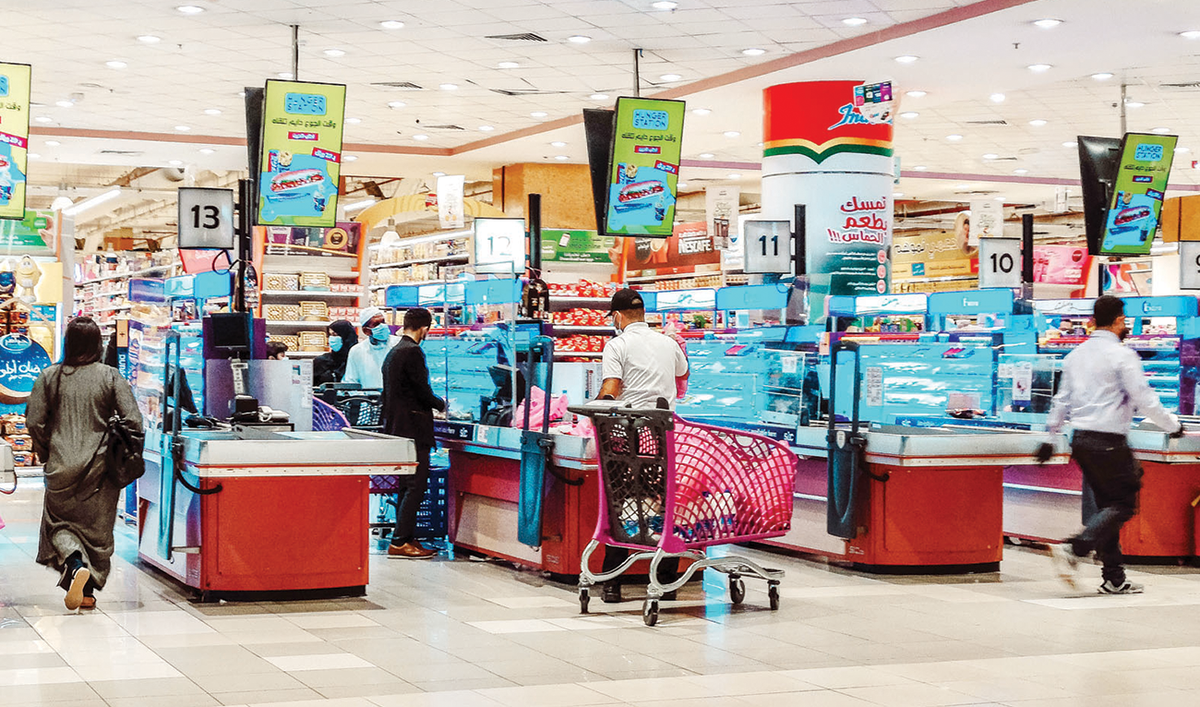
Store owners and businesses from various economic sectors in Saudi Arabia say the VAT increase will force many shoppers to tighten their budgets. (AN photo by Huda Bashatah)
“I started buying local products, and I mostly shop online. I think it (the VAT rise) is the worst thing. It is going to make a difference because I am a student. I’ll be spending a lot on petrol and I have to start weighing the importance of every outing.”
The tax jump is also expected to change social behaviors. The Kingdom’s young population enjoys spending time in cafes and meeting with friends, but Al-Jadaani said: “Instead of going out to cafes and malls, I would rather have my friends come over or visit them in their houses to cut costs for both of us.
“My friends and I will have to start thinking twice about every outing. We will start thinking about quality now; will the place we are going to provide us with a good experience from the moment we step foot in, or not? Every riyal is valuable now.
“I’ll be shopping more responsibly. Quality is more important than anything. I am now looking for items that will last up to a year at least. It has to be of good quality and sustainable.”
FASTFACTS
• The new VAT rate will apply to all goods and services subject to it in commercial markets.
• The General Authority of Zakat and Tax calls on all taxpayers who are registered in the value-added tax to verify the readiness of their facilities.
• The authority urges people to check the elements of the tax invoice, which are: The store name, the date of purchase, the tax number, and the value-added tax cell, calling on them to cooperate with it and report any violation.
Store owners and businesses from various economic sectors in Saudi Arabia felt the VAT increase would force many shoppers to tighten their budgets.
Dr. Waquar Ahmad Khan, an assistant professor at Taibah University, told Arab News: “This is going to directly affect our pockets. It is going to decrease disposable income which expatriates were transferring to their homes.”
He said people would probably minimize unnecessary expenses and only spend on essential items.
Abdul Aziz Al-Othaim, CEO of Abdullah Al-Othaim Markets, noticed an increase in sales days before the higher VAT came into force.
He predicted that brands offering low prices would see higher demand, especially in the days after the VAT increase, and that many consumers would spend less.
“People will probably focus on fresh food in the upcoming days such as meat, vegetables, fruit, milk, and other basic items,” added Al-Othaim.
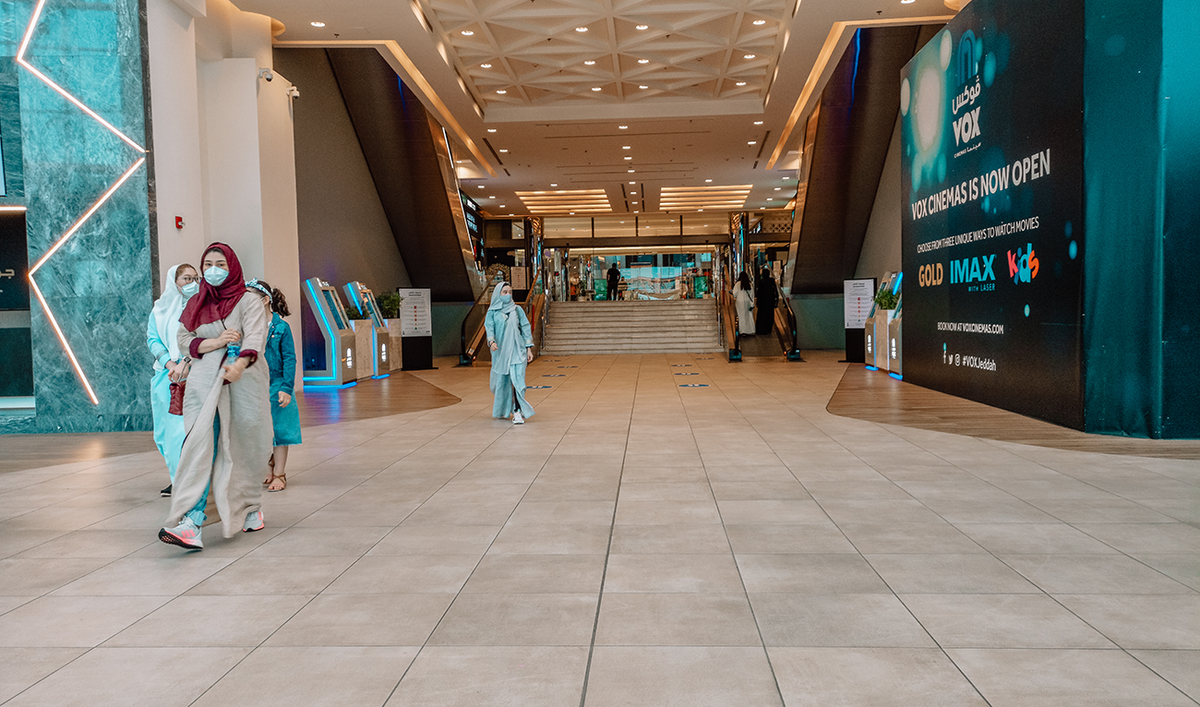
Store owners and businesses from various economic sectors in Saudi Arabia say the VAT increase will force many shoppers to tighten their budgets. (AN photo by Huda Bashatah)
Abdullah Fallatah, 27, said he had purchased several items that he specifically needed before the implementation of the tax. “I bought everything I need that cost over SR100 ($27) within the last 10 days,” he told Arab News.
“If I’m purchasing a flatscreen TV for SR1,000, I’m going to have to consider the extra SR150, which could have been my petrol budget for the whole month or my breakfast, lunch, and dinner for five days if not a week.
“From now until the taxation goes back down to 5 percent, I am only spending money on necessities — no dining outside, no retail shopping or electronics I don’t need.
“I have always cared about quality versus price, and I hope to continue caring about quality the most. But price for sure will play a major role in this comparison. Ultimately, if quality will deliver and it will serve me for years, then I will always choose quality,” he added.
Humood Al-Shammari, who owns a mobile phone store, expected sales to fall in the first few days after the VAT increase as many people, especially youth, would avoid buying accessories.
Instead of going out to cafes and malls, I would rather have my friends come over or visit them in their houses to cut costs for both of us.
Abdullah Al-Jadaani
“I think consumers will wait for discounts and offer seasons and seize the opportunity to buy what they need. Many stores will try to offer discounts to attract consumers and convince them to buy their products,” the shopkeeper said.
Umm Yahya, a 33-year-old Saudi woman, said: “People will only purchase what is immediately necessary such as food and drinks, essential clothing items for outings, and staying at home.
“This decision is very difficult for those who need nannies to help them take care of their children, and drivers as driving exams will be even more expensive now.”
Mohammed Al-Sindi, a supermarket owner, said that since Wednesday’s tax rise sales of flour, salt, oil, and long-term canned food had risen and he felt people would continue to buy staples such as vegetables.
I am going to have to calculate everything before I purchase anything.
Rahaf Meer
“Some people might find themselves in a situation where they have to buy on credit and pay later, while some others might not buy unnecessary goods or expensive commodities.
“A large number of people will change their purchasing patterns and develop new ones focusing on saving money,” he added.
Abrar Hussain, a sales and marketing manager with a Riyadh-based multinational company, said: “These measures are painful for expats as well as for the citizens but at the same time it is a necessary step to maintain financial and economic stability to overcome the COVID-19 crisis with the least damage possible.
“Customers may refrain from buying nonessential and luxury goods. It will be a matter of time to get accustomed to a new reality of life,” he added.



